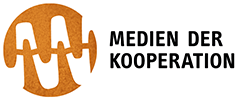P06 - War Sensing
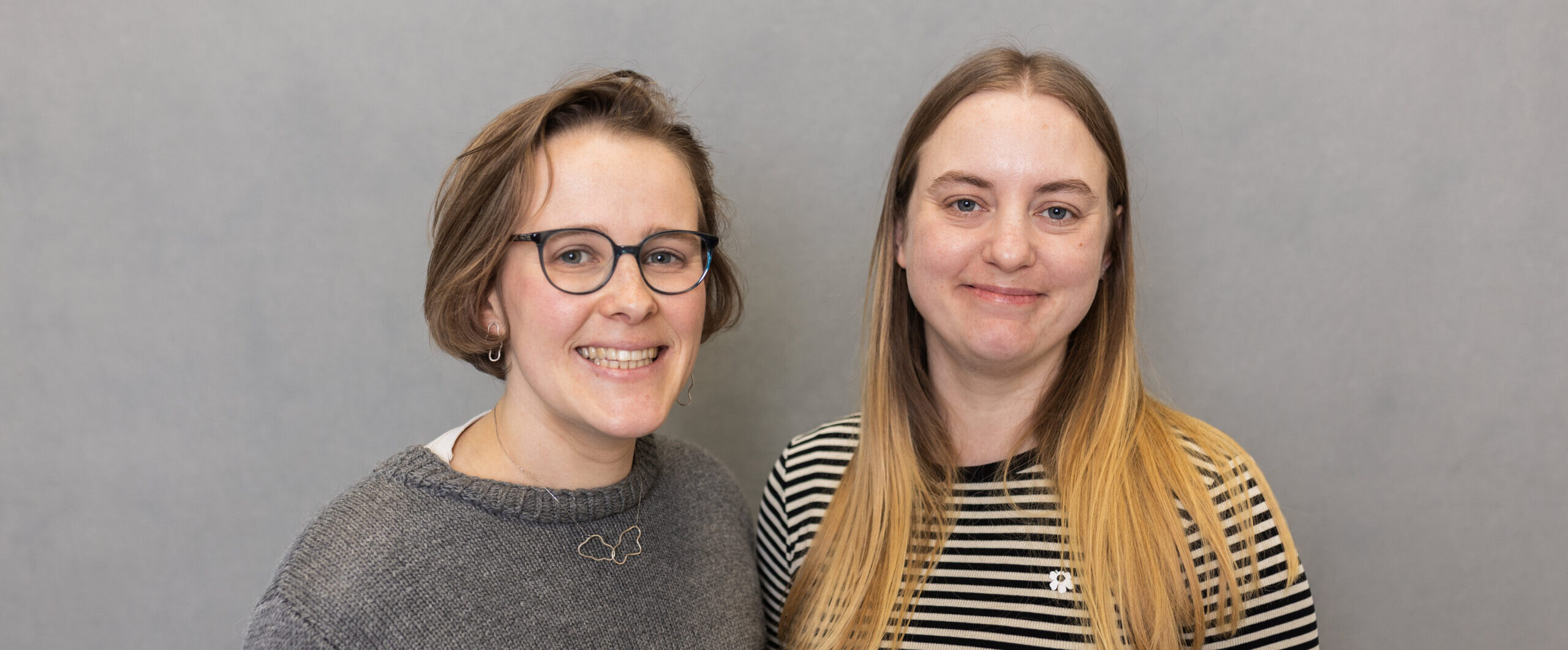
Principal Investigator:
„The project researches civilian documentary, archival and investigative media and data practices of war: War Sensing. The project thus makes a situated research contribution to the medial entanglement of the human and technical sensorium as well as to the knowledge politics of war.“
Executive Summary
War and media technologies are historically closely intertwined, and media upheavals have always produced new forms of war and war reporting. The proliferation of mobile social and sensor-based media (e.g. drones, digital cameras, social media platforms) means another turning point. For war events, their documentation and investigation as well as public perception, it is no longer only military situation determinations and journalistic practices that are relevant, but civilian media and data practices are becoming increasingly important: civilian War Sensing.
This is increasingly evident in the war against Ukraine, which has been going on since 2022. Heterogeneous actors record, document, archive and investigate current war events using data from social, mobile and sensor-based media. These emerging civilian data and media practices are being examined as part of the applied sub-project as forms of civilian War Sensing, because they make the war visible and questionable in a new way. The sub-project asks how central practices of War Sensing - documentation, archiving and investigation - are situationally manufactured and thus cooperatively produce the media perceptions, representations and situated knowledge politics of the war. To this end, the sub-project examines and designs documentary, archival, and investigative media and data practices of selected activists, NGO staff, and social media users who explicitly use digital media and data to produce information about the war to archive for future research and analyze the course of the war. The sub-project has two research foci: (1) Investigative practices of organizations and actors based in the EU and Ukraine and their situated work practices. (2) Collaborative investigation into documentary practices of Telegram users from Ukraine archived by the Center for Urban History of East Central Europe in Lviv. The aim of the sub-project is to describe, shape and conceptualize the diverse practices of War Sensing that are emerging in their complexity and situatedness on the basis of qualitative-empirical research. To this end, the sub-project combines qualitative-empirical, ethnographic and digital methods. Ethical questions are essential for the investigation in the project, which are addressed separately at the beginning and in the course of the research process.
Research goals of the sub-project are pursued in three work areas. The first area examines media and data practices of international and local initiatives (including Bellingcat and Texty.org) to identify and describe their situated working practices, the role of sensor-based media technologies, and the challenges in geographically distributed War Sensing. In the second area, and in cooperation with the Telegram archive of the Center for Urban History, a data corpus from the instant messaging service Telegram, which is popular in Ukraine, is being co-designed to illustrate the perception and representation of the war using publicly accessible Telegram data and documentary practices to investigate Ukrainian chats cooperatively with partners from Ukraine. The research results open up a conceptual understanding of the diverse data and media practices of War Sensing during the war with regard to their complexities, ethical questions and knowledge politics.
P06 untersucht dokumentarische, archivarische und investigative Medien- und Datenpraktiken von Aktivist*innen, Mitarbeiter*innen von NGOs sowie Social Media-Nutzer*innen.
Das Projekt beschreibt, problematisiert, reflektiert die entstehenden vielfältigen Praktiken auf Basis qualitativ-empirischer Forschung in ihrer Komplexität und Situiertheit.
- Situierte Beschreibung, Analyse und Vergleich von investigativen internationalen und ukrainischen War Sensing-Initiativen und -Praktiken
- Kooperative Forschung zu archivierten dokumentarischen Telegram-Praktiken zusammen mit dem Center for Urban History in Lviv
- Gesamtschau des War Sensing und Reflexion ethischer Herausforderungen
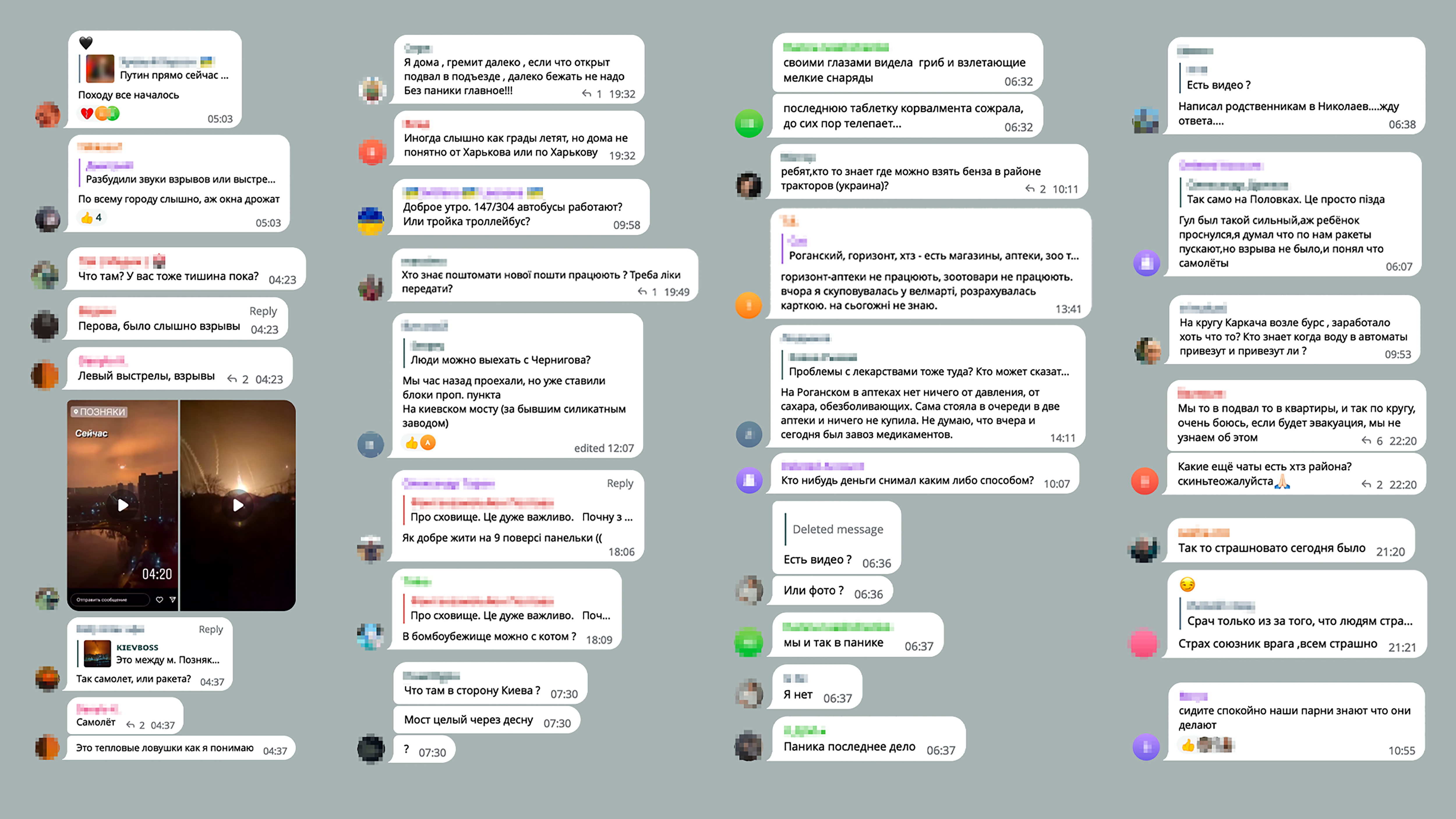
Dokumentarische Praktiken in Telegram-Chats
(© Center for Urban History of East Central Europe)
P06 kombiniert Ansätze der Practice Theory, STS, Inventive Methods und ethischer Reflexivität.
Methoden umfassen:
- Feldforschung
- Expert*inneninterviews mit investigativen Akteur*innen
- digitale Ethnographie und Erforschung von digitalen Archiven
Investigative Daten- und Medienpraktiken internationaler und ukrainischer War Sensing-Initiativen werden explorativ untersucht.
Archivierte dokumentarische Telegram-Daten aus dem Lviver Telegram-Archiv werden mit qualitativen Analysemethoden, u.a. Thematische
Analyse, untersucht.
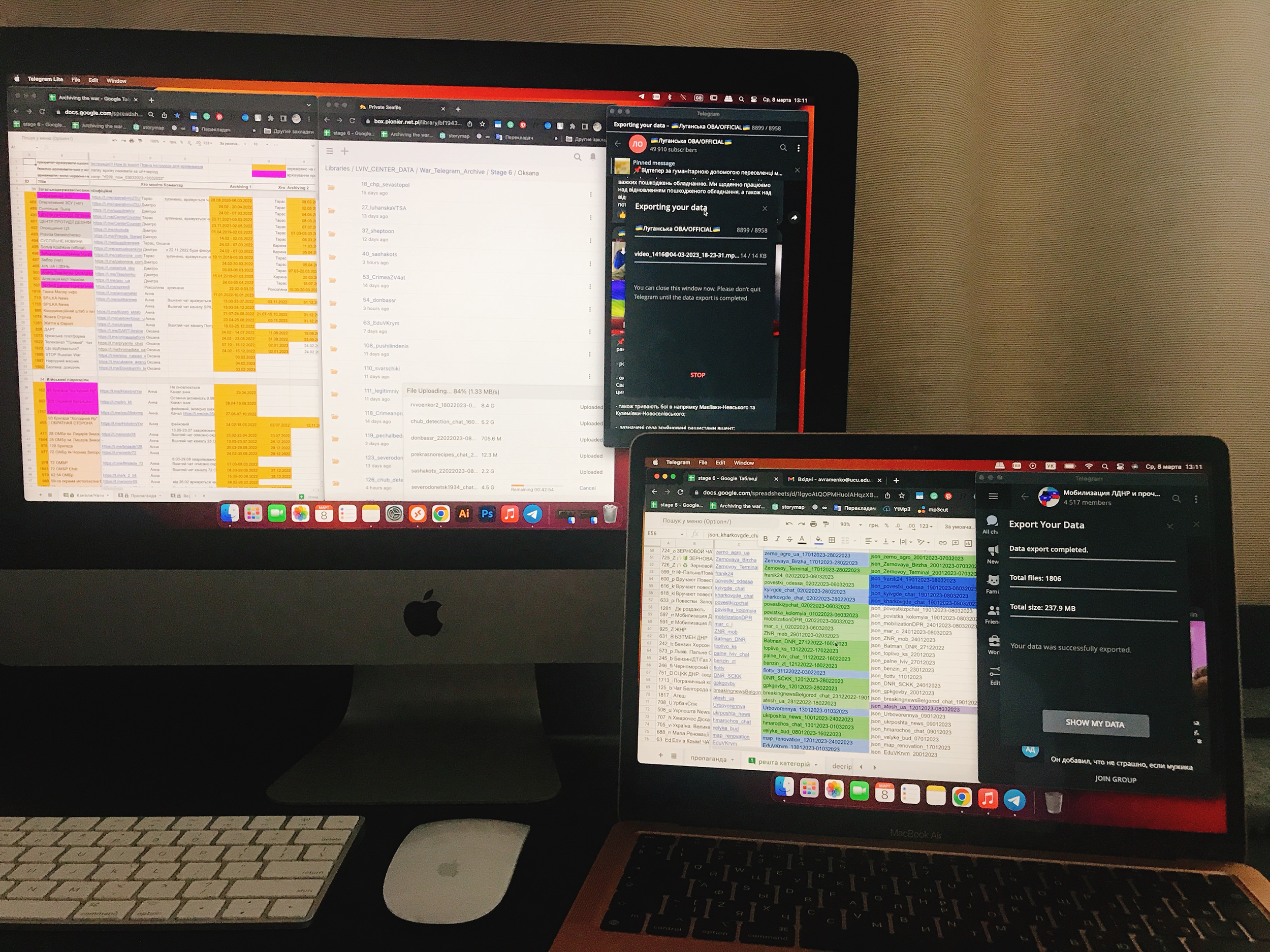
(© Center for Urban History of East Central Europe)
AP1 erstellt eine gemeinsame Forschungsorientierung und reflektiert forschungsethische Herausforderungen.
AP2 untersucht und vergleicht investigative Medien- und Datenpraktiken internationaler ukrainischer War Sensing-Initiativen.
AP3 gestaltet den Datenkorpus aus dem Telegram-Archiv und untersucht die archivierten dokumentarischen
Telegram-Praktiken.
AP4 synthetisiert die Ergebnisse in einer Gesamtschau der untersuchten Praktiken und konzeptualisiert die Wissenspolitiken des War Sensing.
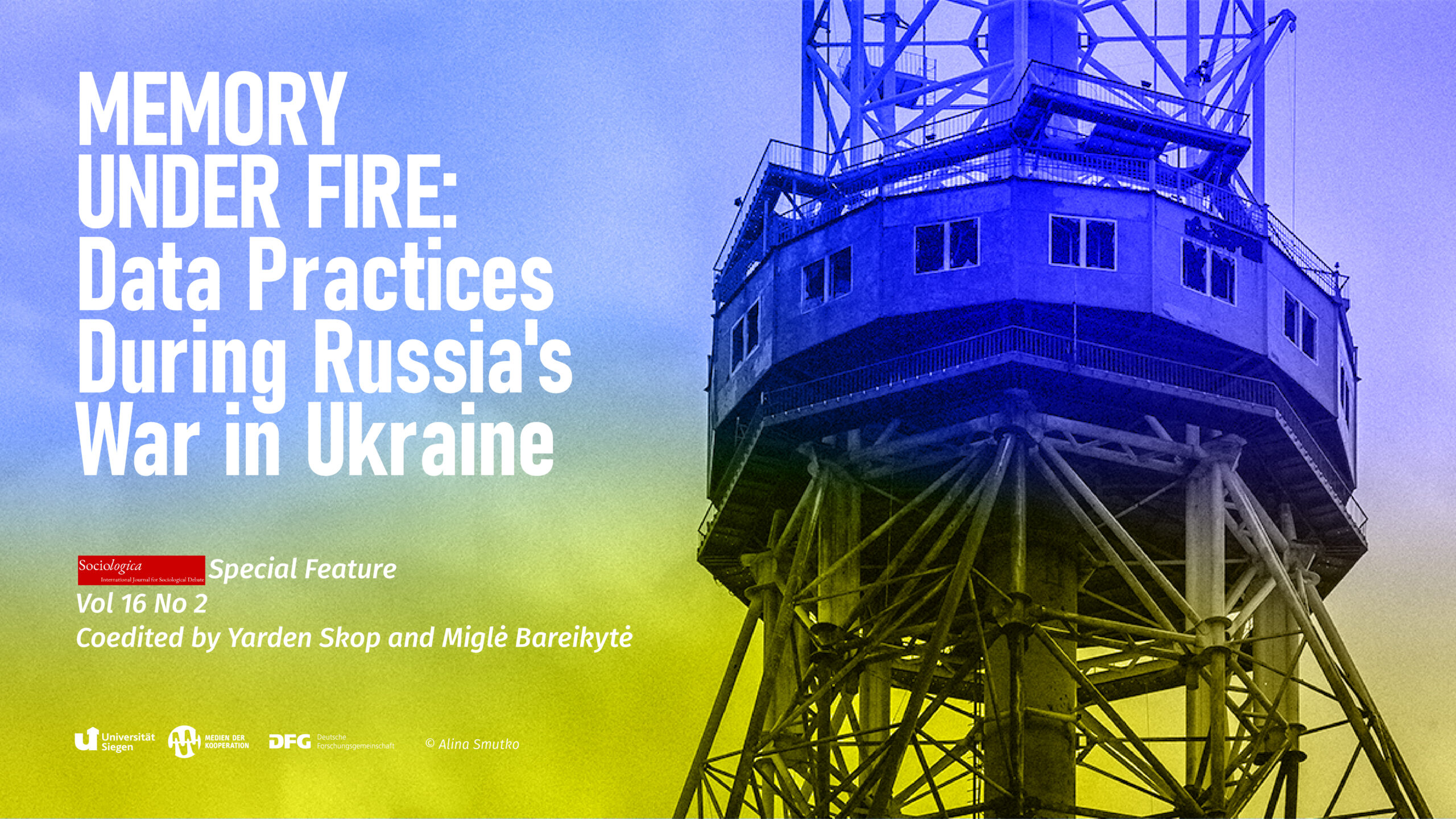
Publications
Current
